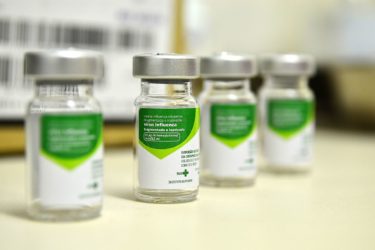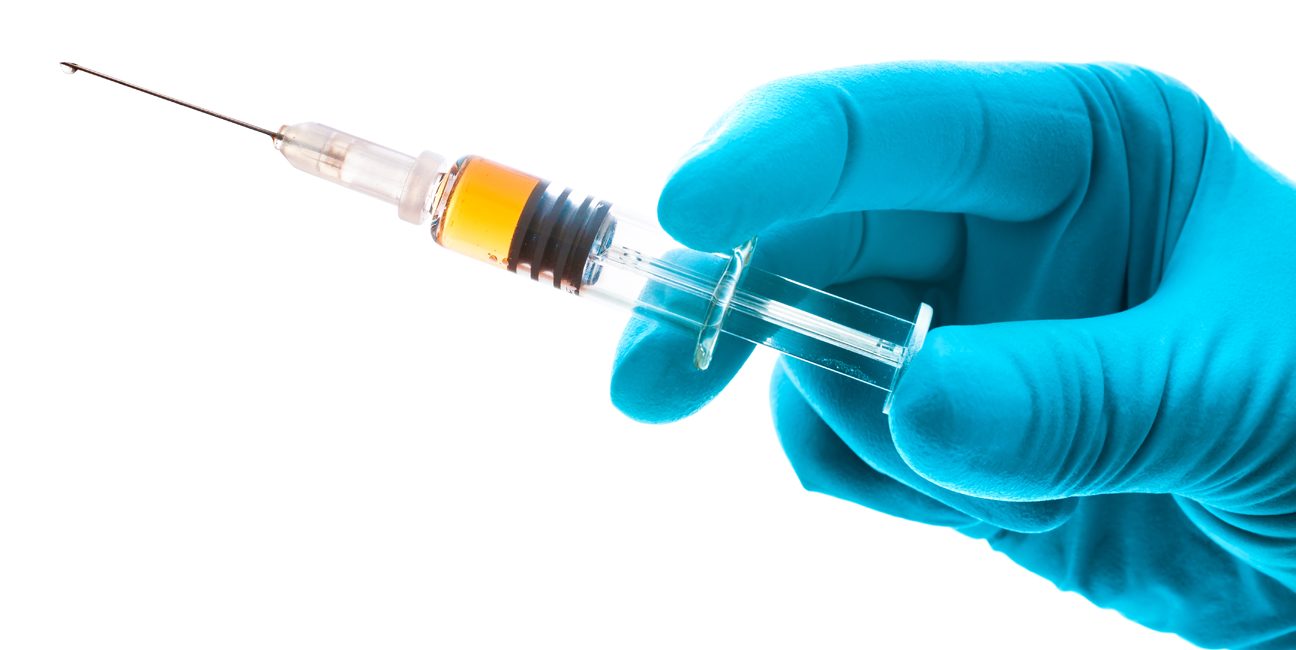Tag: autism
Journal Club Debunks Anti-Vaccine Myths
American Family Physician, the journal of the American Academy of Family Physicians, has a feature called AFP Journal Club, where physicians analyze a journal article that either involves a hot topic affecting family physicians or busts a commonly held medical myth. In the September 15, 2010 issue they discussed “Vaccines and autism: a tale of shifting hypotheses,” by Gerber and Offit, published...
Chelation: Compounding Pharmacy’s Problems
Chelation is the provision of a substance to increase the body’s excretion of heavy metals. In poisoning situations (lead, aluminum, iron, etc.), chelation is medically necessary, objectively effective, and approved for use. But the same term has a completely different meaning in the alternative medicine universe, where proponents often believe heavy metal toxicity is the “one true cause” of disease, and chelation...

Using attacks on science by the anti-vaccine movement as a “teachable moment”
A new study on the connection between vaccines and autism demonstrates two things: there is no connection, and those who think there is are not interested in science unless it supports what they already believe.
Brain Balance
A member of Quackwatch’s Healthfraud discussion list recently reported from a health fair: One booth was a bit of a mystery for me: Brain Balance. “Is your child struggling with ADHD, dyslexia, autism, Asperger’s, Tourette’s, or other related disorders?” A quick glance at their website makes it seem that they may be legitimate. No, a quick glance at their website makes it...

The final nail in the mercury-autism hypothesis?
Another study. Another failure to link thimerosal to a higher risk of autism. Can we just bury the claim that thimerosal in vaccines causes autism, already?
Terrible Anti-Vaccine Study, Terrible Reporting
One of my goals in writing for this blog is to educate the general public about how to evaluate a scientific study, specifically medical studies. New studies are being reported in the press all the time, and the analysis provided by your average journalist leaves much to be desired. Generally, they fail to put the study into context, often get the bottom...
The genetics of autism
Autism and autism spectrum disorders (ASDs) actually represent a rather large continuum of conditions that range from very severe neurodevelopmental delay and abnormalities to the relatively mild. In severe cases, the child is nonverbal and displays a fairly well-characterized set of behaviors, including repetitive behaviors such as “stimming” (for example, hand flapping, making sounds, head rolling, and body rocking.), restricted behavior and...
Nine differences between “us and them,” nine straw men burning
I’ll start this post by admitting right up front: I blatantly stole the idea for the title of this post from Mark Crislip’s most excellently infamous post Nine questions, nine answers. Why? Because I really liked that post and felt like it. Also, there seems to be something about the number nine among anti-vaccine zealots: Nine “questions.” Nine circles of hell. Nine...
Andrew Wakefield Fights Back
Dr. Andrew Wakefield was almost single-handedly responsible for frightening the public about a possible association between autism and the MMR vaccine. His alarmist recommendations directly led to lower vaccination rates and a resurgence of measles to endemic levels in the UK. The MMR/autism interpretation of his 1998 article in The Lancet was retracted by 10 of his 12 co-authors. The article itself...
Bogus Diagnostic Tests
A few years ago a friend asked me to comment on advice given to her adult daughter by a psychiatrist whom she’d consulted for depression. The psychiatrist had recommended testing samples of saliva and urine for hormone and neurotransmitter levels, the results of which would likely indicate a need for supplements to correct deficiencies or imbalances. According to the psychiatrist, who had...

